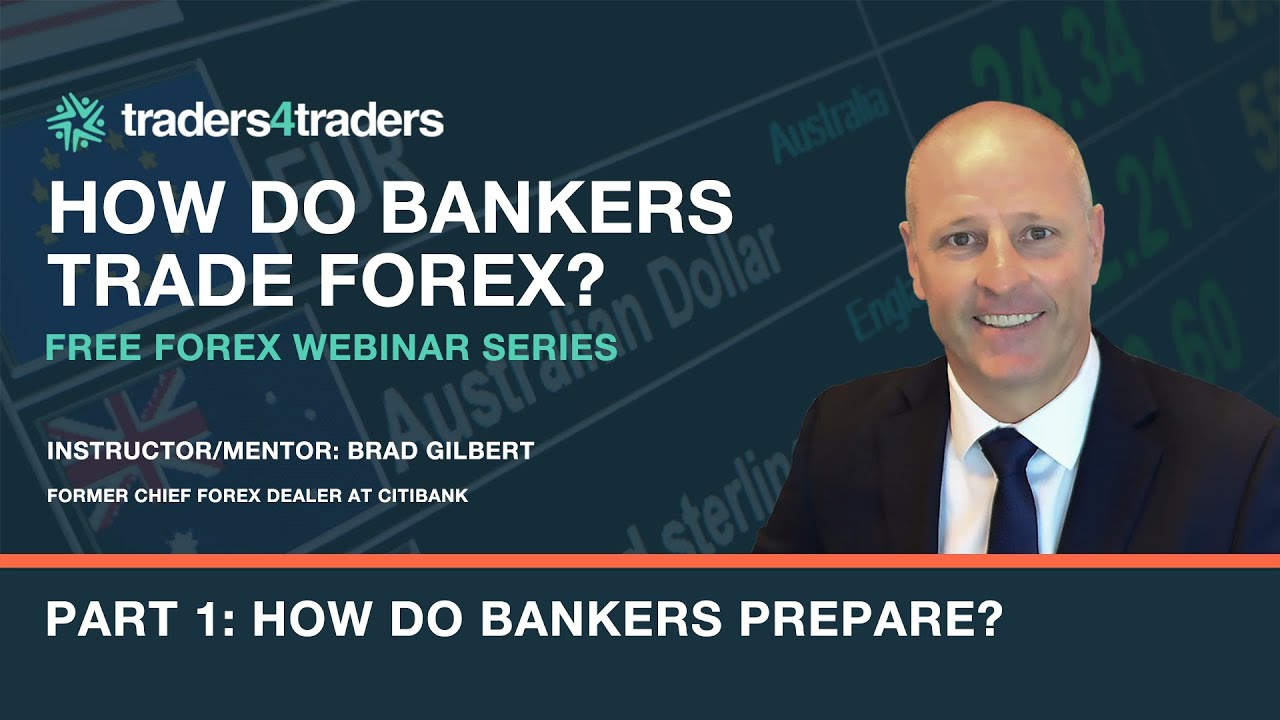The world of finance is often shrouded in mystery‚ with many wondering about the specific activities of professionals within different sectors. One common question that arises is: can investment bankers trade forex? The answer‚ while seemingly straightforward‚ is nuanced and depends heavily on the specific role‚ firm policies‚ and regulatory constraints. While investment bankers are primarily focused on advising companies on mergers‚ acquisitions‚ and capital raising‚ the possibility of them engaging in forex trading exists‚ albeit within specific boundaries.
Understanding the Roles: Investment Banking vs. Forex Trading
To understand whether investment bankers can trade forex‚ it’s crucial to differentiate between their primary responsibilities and the nature of forex trading.
Investment Banking: The Big Picture
- Advisory Services: Investment bankers advise corporations on strategic transactions like mergers‚ acquisitions‚ and restructurings.
- Capital Markets: They help companies raise capital through the issuance of stocks and bonds.
- Underwriting: Investment banks underwrite securities‚ guaranteeing their sale to investors.
Forex Trading: A Different Ballgame
- Currency Exchange: Forex trading involves buying and selling currencies with the aim of profiting from fluctuations in exchange rates.
- Speculation: It’s often a speculative activity‚ requiring a deep understanding of global economics and market trends.
- High Leverage: Forex trading typically involves high leverage‚ which can amplify both profits and losses.
The Possibility of Forex Trading for Investment Bankers
While not their primary function‚ investment bankers can engage in forex trading under certain circumstances. This usually falls into two categories:
- Personal Trading: Many investment banks allow employees to trade for their own accounts‚ subject to strict compliance rules and pre-clearance procedures. This is to prevent insider trading and conflicts of interest.
- Proprietary Trading (Prop Trading): Some investment banks have dedicated prop trading desks that trade various assets‚ including forex‚ on behalf of the firm. Investment bankers might be involved in this indirectly‚ providing research or analysis‚ but rarely directly executing trades unless they are specifically part of the prop trading team.
It’s important to note that any forex trading activity by investment bankers is heavily regulated and monitored to ensure compliance with ethical and legal standards. The potential for conflicts of interest is significant‚ so firms implement robust controls to mitigate these risks.
FAQ: Forex Trading and Investment Bankers
Q: Are investment bankers allowed to trade forex for their personal accounts?
A: Yes‚ typically‚ but with strict compliance rules and pre-clearance procedures to prevent insider trading.
Q: Can investment bankers use inside information to profit from forex trading?
A: Absolutely not. This is illegal and unethical‚ and investment banks have strict policies to prevent it.
Q: Do investment banks have dedicated forex trading desks?
A: Some do‚ as part of their proprietary trading operations.
Q: What are the risks associated with investment bankers trading forex?
A: The main risks are conflicts of interest and the potential for insider trading.

